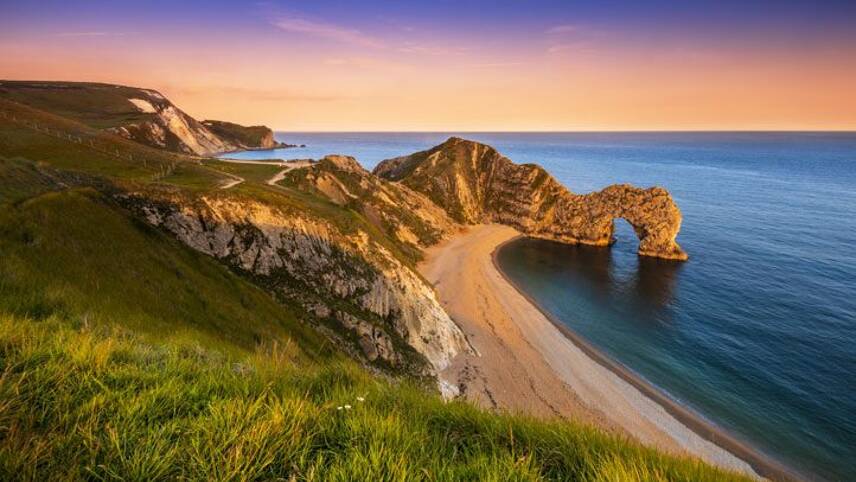Register for free and continue reading
Join our growing army of changemakers and get unlimited access to our premium content

In 2019
Figures published by the Office outline the economic value that the UK’s marine habitats generate. It explores how fishing – both sustainable and unsustainable – tourism, energy production and carbon sequestration add economic value for the UK.
According to new figures, the total value of the UK’s “blue” natural capital is £211bn, with the office noting this is just an estimate for what can be accounted for, such as sands, muds and saltmarshes, meaning that marine carbon sequestration could be far higher.
The statistics suggest that £57bn of the overall value derives from carbon sequestration delivered by marine organisms such as the aforementioned sands and muds and seagrass. This figure eclipses the value of offshore oil and gas extraction, which sat at £44bn. Marine recreation was accountable for £75bn, while renewable energy production was valued at £2.7bn. The value of marine renewable energy production has grown 37 times over a 10-year period.
As for fishing, the sector generates £7.5bn in value, but the statistics state that since 2016, sustainable fishing has been more profitable per tonne than unsustainable fishing.
In 2019, 21.8 million hectares of UK waters are protected to some degree. Over a ten-year period, the percentage of surface water bodies classed as high or good has risen from 70% to 76%.
However, seagrass, one of the best carbon sequestrators is at risk from climate change and manmade pollution. Coastal protection is largely provided by saltmarshes and seagrass beds. Yet the UK has already lost up to 92% of its seagrass in the last century and 85% of its saltmarsh.
According to WWF, rising sea levels, storms and flooding driven by climate change has placed more than £12bn of the UK’s economy at risk, while almost 2.5 million homes in the UK could suffer from flooding by 2050.
The UK is expected to publish more bodies of work on the value of the nation’s natural assets. Earlier this year, the landmark Dasgupta review was launched, outlining how businesses and policymakers can include and account for nature as part of economic decisions, with many claiming the findings could be as influential as the Stern review on climate change.
The UK Government commissioned Professor Sir Partha Dasgupta to lead an independent, global Review on the Economics of Biodiversity in Spring 2019. One of the main aims of this review on the ‘Economics of Biodiversity’ was to create insight into how financial and policy decisions can reverse biodiversity loss.
It is the largest and most comprehensive review of its kind, that explores the role of natural capital in delivering planetary, societal and economic prosperity. Natural capital accounting assigns a monetary value to natural resources like forests and healthy soil, allowing businesses to calculate the “true cost” of their decisions.
Matt Mace


Please login or Register to leave a comment.